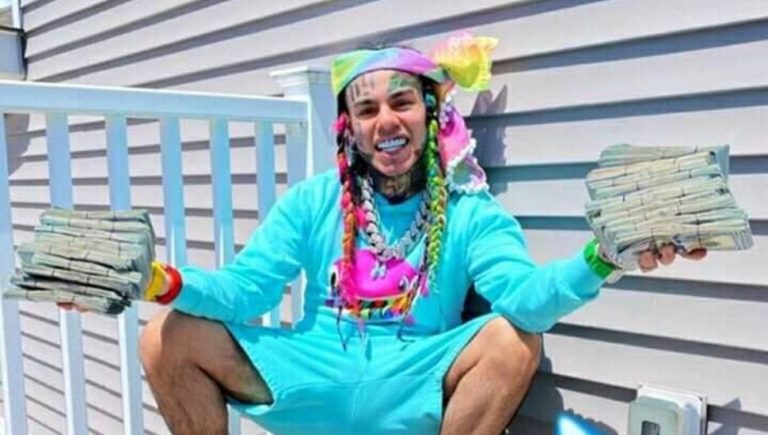A New York bill has been put forward to prohibit rap lyrics being used as evidence in criminal trials in the future.
As per Rolling Stone, two state senators, Brad Hoylman (D-Manhattan) and Jamaal Bailey (D-The Bronx), have created the “Rap Music on Trial” bill in order to protect rap and hip hop artists’ use of creative expression in their lyrics.
The bill seeks to prohibit the act of such lyrics being used as criminal evidence “without clear and convincing proof that there is a literal, factual nexus between the creative expression and the facts of the case.”
There were plenty of examples they could have used but the senators cited Johnny Cash (“But I shot a man in Reno / Just to watch him die”) and David Byrne (“Don’t touch me, I’m a real live wire / Psycho killer”) as examples of songs in other genres that have never been questioned as being literate or anything other than artistic.
That’s not been the case for rappers in the past. In 2016, prosecutors used ‘Freestyle Flex’ by Drakeo The Ruler in the murder case against him. In a more recent example, Tekashi 6ix9ine’s lyrics were used in his court case in an attempt to convince the rapper into becoming a government witness to avoid harsher sentencing.
Hoylman explained the need for their bill in a press statement. “Art is creative expression, not a blueprint of criminal plans,” he said. “Yet we’ve seen prosecutors in New York and across the country try to use rap music lyrics as evidence in criminal cases, a practice upheld this year by a Maryland court.
It’s time to end the egregious bias against certain genres of music, like rap, and protect the First Amendment rights of all artists. I’m proud to introduce this legislation so that New York leads the way in treating artists fairly, no matter their background.”
Love Music?
Get your daily dose of metal, rock, indie, pop, and everything else in between.
Bailey also shared why he thinks the bill is so important. “The use of rap and hip-hop lyrics in particular is emblematic of the systemic racism that permeates our criminal justice system.
In many cases, even the mere association with certain genres, like hip-hop and rap, leads to heightened scrutiny in the courtroom and is used to presume guilt, immorality, and propensity for criminal activity. This bill will finally put an end to this grossly discriminatory practice by ensuring that there is a valid nexus between the speech sought to be admitted into evidence and the crime alleged.”
For more on this topic, follow the Hip Hop Observer.
Check out a Tedx Talk about the history of rap music on trial:



































